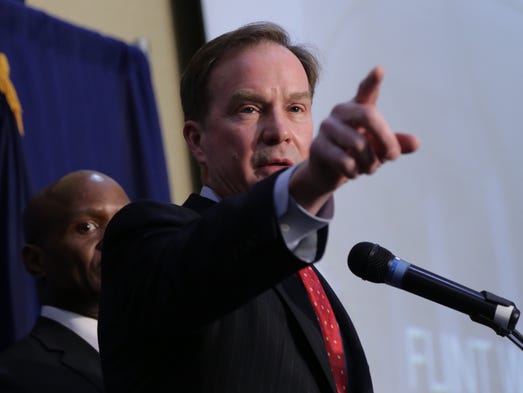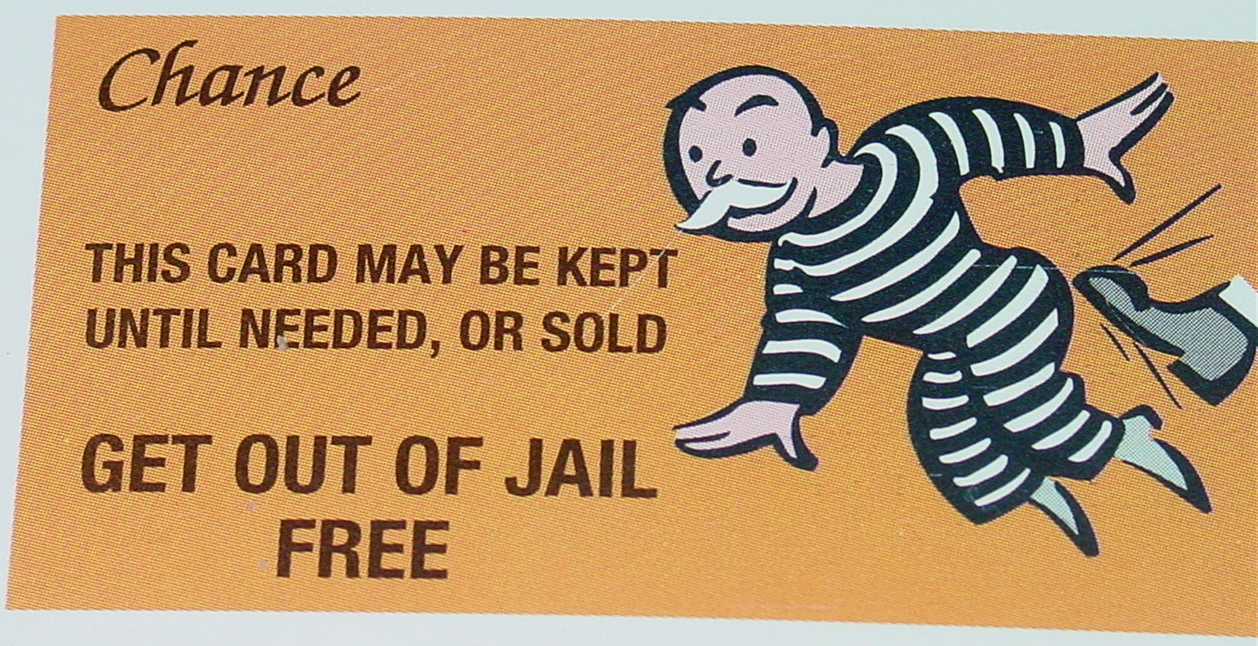 Donald Trump’s recent economic policy address portrayed an economy crippled by “overregulation.” This came on the heels of his convention acceptance speech depicting a country afflicted by a wave of street crime perpetrated by “illegal immigrants.”
Donald Trump’s recent economic policy address portrayed an economy crippled by “overregulation.” This came on the heels of his convention acceptance speech depicting a country afflicted by a wave of street crime perpetrated by “illegal immigrants.”
As with most of Trump’s statements, these comments took real issues and distorted them to the point that that they no longer had much resemblance to reality. There is a regulation crisis in the United States, but the problem is inadequate business oversight, not an excess. And there is a crime wave taking place, but the culprits are not immigrants but rather rogue corporations.
It was particularly odd that Trump chose to mention the auto industry in his rant on regulation. It has apparently not come to his attention that just about all the major carmakers are embroiled in some of the biggest safety and compliance scandals in the industry’s history.
Volkswagen exhibited contempt for the law in its long-standing scheme to circumvent auto emission standards. Since the brazen cheating came to light the company has been scrambling to make amends. It had to agree to spend nearly $15 billion (mostly to compensate customers) to resolve some of its legal entanglements, and it may still face criminal charges with larger potential penalties. While the amounts may seem high, VW is lucky it is being allowed to remain in business.
Then there’s the Japanese company Takata, whose airbags have turned out to be deadly and now is reported to have routinely manipulated test results of its products. General Motors had to pay a $900 million fine and Toyota $1.2 billion, both for safety reporting deficiencies. Electric car producer Tesla, which has taken advantage of a lax regulatory regarding self-driving technology, now faces scrutiny in the wake of several serious accidents involving vehicles operating on autopilot.
Automobiles are far from the only industry with serious regulatory compliance problems. In case we had forgotten the severity of the 2010 Deepwater Horizon catastrophe in the Gulf of Mexico, BP provided a reminder recently when it estimated that its legal and clean-up costs will reach more than $61 billion.
And we must not leave out the banks. In a report I put out in June to accompany the expansion of Violation Tracker, I found that since the beginning of 2010 there have been 144 cases settled against major banks with penalties in excess of $100 million each. In all, the banks have had to pay $160 billion in these cases to resolve allegations relating to a wide range of misconduct: mortgage abuses, defrauding of investors, manipulation of foreign exchange markets and interest rate benchmarks, assisting tax evasion, and much more.
Rampant corporate misconduct is one of the missing issues of the presidential race, especially since Bernie Sanders dropped out. Hillary Clinton’s website has some decent language on the subject but she has hardly made it a central issue in her campaign. In her convention acceptance speech she presented an upbeat picture of American business, and her reference to the auto industry was not to criticize its misconduct but to celebrate that it “just had its best year ever.”
Neither Clinton nor Trump can be expected to be a crusader for corporate accountability, but we need to make sure that whoever is the next occupant of the White House feels pressure to rein in and not unleash big business.
 The vast majority of regulatory enforcement cases end with an agreement by the corporation to correct its behavior in the future. Monetary penalties are meant to reinforce the lesson and act as a further deterrent.
The vast majority of regulatory enforcement cases end with an agreement by the corporation to correct its behavior in the future. Monetary penalties are meant to reinforce the lesson and act as a further deterrent. Since the beginning of 2010 major U.S. and foreign-based banks have paid more than $160 billion in penalties (fines and settlements) to resolve cases brought against them by the Justice Department and federal regulatory agencies. Bank of America alone accounts for $56 billion of the total and JPMorgan Chase another $28 billion. Fourteen banks have each accumulated penalty amounts in excess of $1 billion, and five of those are in excess of $10 billion.
Since the beginning of 2010 major U.S. and foreign-based banks have paid more than $160 billion in penalties (fines and settlements) to resolve cases brought against them by the Justice Department and federal regulatory agencies. Bank of America alone accounts for $56 billion of the total and JPMorgan Chase another $28 billion. Fourteen banks have each accumulated penalty amounts in excess of $1 billion, and five of those are in excess of $10 billion.
 Over the past few years, the Justice Department and state prosecutors have collected tens of billions of dollars in fines and settlements from large banks in a series of cases stemming from fraudulent practices in the period leading up to the financial meltdown of 2008.
Over the past few years, the Justice Department and state prosecutors have collected tens of billions of dollars in fines and settlements from large banks in a series of cases stemming from fraudulent practices in the period leading up to the financial meltdown of 2008. The business news is abuzz with
The business news is abuzz with  The Big Short movie and the Bernie Sanders presidential campaign are not the only things reminding us about the role of bank misconduct in the financial meltdown. Federal and state prosecutors are continuing to wrap up cases brought against the main culprits.
The Big Short movie and the Bernie Sanders presidential campaign are not the only things reminding us about the role of bank misconduct in the financial meltdown. Federal and state prosecutors are continuing to wrap up cases brought against the main culprits.
 The ongoing corporate crime wave showed no signs of abating in 2015. BP paid a record $20 billion to
The ongoing corporate crime wave showed no signs of abating in 2015. BP paid a record $20 billion to
You must be logged in to post a comment.